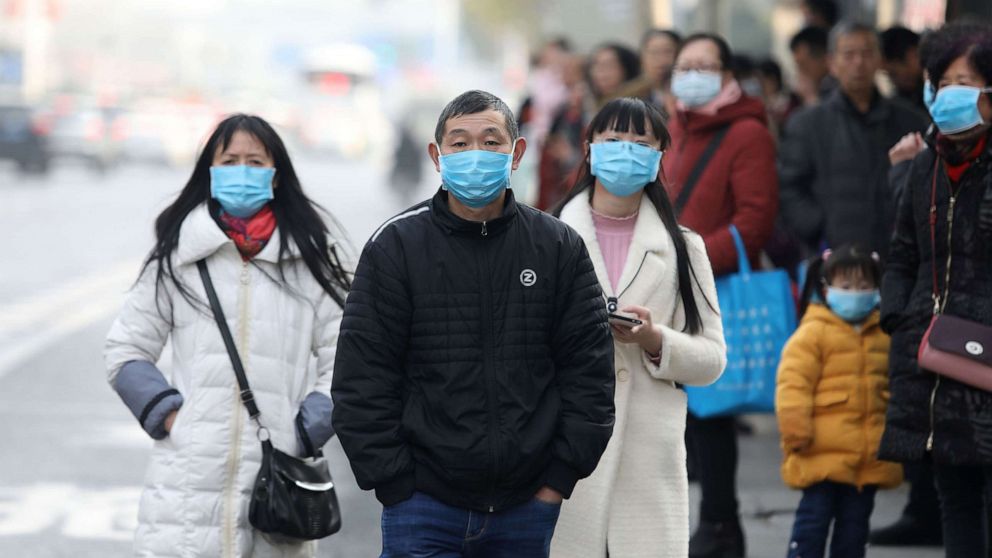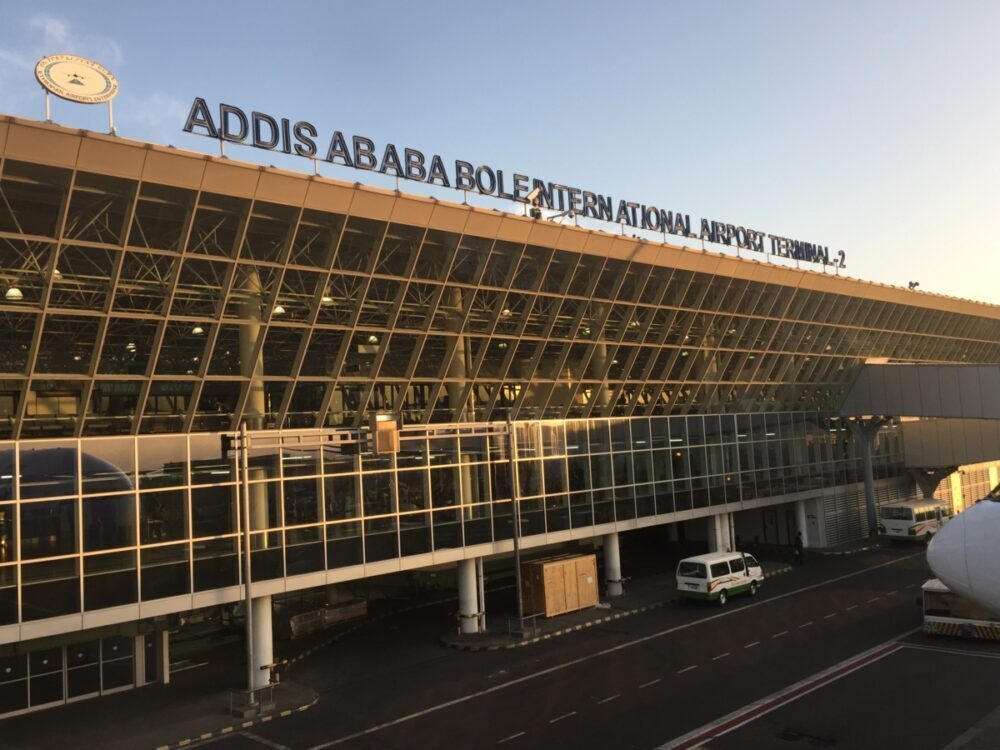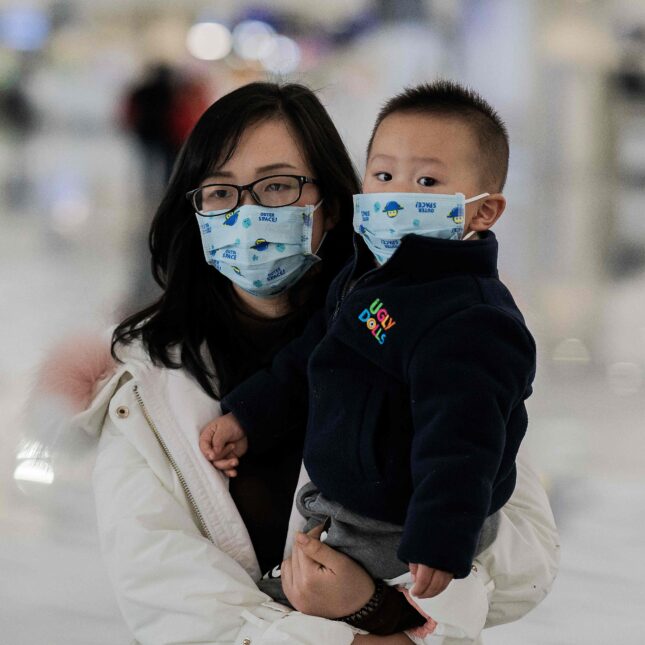 Pakistan refuses to evacuate Pakistani students currently in Wuhan, despite their pleas to be brought home.
Pakistan refuses to evacuate Pakistani students currently in Wuhan, despite their pleas to be brought home.
Close partners of China in Southeast Asia and Eurasia have closed their land borders to prevent coronavirus (COVID-19 )from spreading.
Despite several appeals from families of those based in the epicentre of coronavirus (COVID-19)outbreak citing “larger interests” of the region and the world, Special assistant to Pakistan Prime Minister Imran Khan on health, Dr Zafar Mirza, told the media in Islamabad on Monday that none of the passengers that arrived in the country from China were suspected to have coronavirus or needed to be kept under observation.
READ: Australia, UK, Singapore and all the countries who have confirmed coronavirus cases
The decision is said to have been prompted by a desire to stand by its all-weather friend China at a time of global health emergency.
Mirza said that no citizen, whether Chinese or Pakistani, was allowed to leave China without spending a 14-day “disease-free period”.
Around 500 Pakistanis, mostly students, are believed to be staying in Wuhan. Several students have made fervent appeal to the Imran Khan government to airlift them.
“I am a Pakistani, and my name is Nadeem Abaz. I am making this video from the Chinese city of Wuhan, where more than 500 Pakistanis are stuck. Four students in my university were detected with coronavirus and they are in a serious condition in hospitals. So, we had asked the Pakistani government and the embassy to help us or evacuate us from here because the situation getting worse day by day,” said an appeal on social media.
#CoronavirusWho How coronavirus started
Chinese ambassador to Pakistan, Yao Jing, thanked Pakistan for extending its unwavering support to his country. China has been appealing to countries against evacuation as it would dent its WHO ratings and image. It needed some deft diplomacy by India to evacuate its citizens, besides Maldivians and one Bangladeshi national, since last Friday.
Meanwhile at a recent press briefing, the World Health Organization (WHO) in a press briefing said on Tuesday evening that China’s measures to contain the outbreak have provided a “window of opportunity” to stop the virus from spreading further abroad.
Here are some key takeaways from the press briefing with WHO chief Tedros Adhanom Ghebreyesus:
- The risk of the virus spreading more around the globe remains high, but “this is still first and foremost an emergency for China.”
- Countries have been advised not to impose trade or travel restrictions on China as such measures cause “fear and stigma.”
- The WHO is sending 250,000 tests virus tests to laboratories around the world to help speed up the testing process.
- So far, there have been 27 cases of person-to-person transmission of the virus outside of China.
- Wealthier countries were criticized for not sharing data about virus cases. The WHO has only received complete information about 38% of the cases reported outside of China.
#CoronaOutbreak How to protect yourself from Coronavirus
There are 16 known cases of coronavirus (COVID-19) in South Korea. Demand for medical masks and hand sanitizer has surged in recent days. Prices have risen significantly.
The government said that sellers found to be in possession of more than one and half their average sales volume will face sharp fines and jail time.
How to protect yourself ftom Coronavirus #coronavirusec #CoronavirusWho #CoronaOutbreak pic.twitter.com/WveqvGYHBb
— Netbuzz Africa (@netbuzzafrica) January 30, 2020























































Discussion about this post